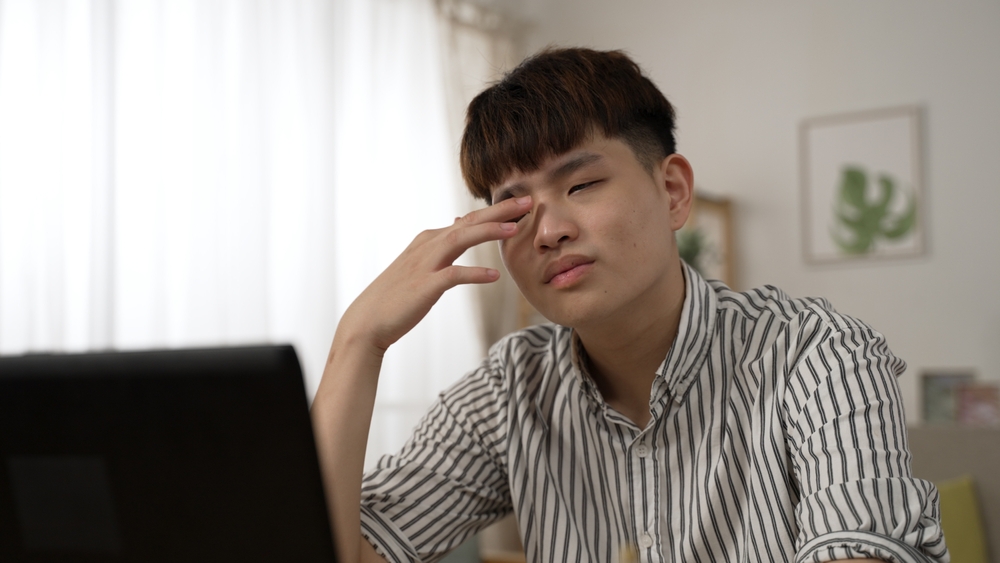
“My eyes don’t feel dry, so I probably don’t have dry eye disease.”
“I only feel a little burning sometimes - doesn’t everyone?”
“My vision is fine, so I don’t need to get checked.”
These are all things we hear every day. However, just like many health conditions, dry eye disease can exist even when symptoms are mild or come and go. And while over-the-counter drops might provide temporary relief, untreated dry eye can lead to more serious issues with eye health, comfort, and vision quality. At Eye See Vision Center, we emphasize the importance of a comprehensive eye exam to detect dry eye early, especially because its causes are often complex and not always obvious.
Dry eye is a condition where your eyes either don’t produce enough tears or the tears evaporate too quickly. Tears are essential for lubricating, protecting, and nourishing your eyes. When that moisture balance is disrupted, your eyes can feel gritty, irritated, watery, or even blurry.
There are several reasons why dry eye can develop, and it’s often a combination of factors. Meibomian Gland Dysfunction (MGD) is one of the most common causes of dry eye. The meibomian glands, located along the eyelids, produce oils that help keep your tears from evaporating too quickly. When these glands become blocked or aren’t functioning properly, your tears evaporate faster than normal.
As we age, tear production naturally decreases. Women (especially those experiencing menopause) are at higher risk of dry eye due to hormonal fluctuations.
Certain medications like antihistamines, antidepressants, and blood pressure drugs can reduce tear production. Autoimmune diseases like Sjögren’s syndrome, rheumatoid arthritis, or thyroid disorders can also be underlying causes.
Eye surgeries such as LASIK, PRK, or cataract surgery can disrupt the normal tear film and corneal nerves responsible for signaling tear production, often leading to temporary or chronic dry eye symptoms.
Long-term contact lens use can contribute to dry eye by reducing oxygen flow to the cornea and causing mechanical irritation to the eye’s surface. Contact lenses can also disrupt the natural tear film, especially if worn for extended periods or if the lenses are not properly fitted or cared for.
If you experience symptoms such as stinging, burning, watering, light sensitivity, or blurry vision that comes and goes, it’s time to schedule an eye exam. Even if your vision seems fine, dry eye can silently progress and lead to long-term discomfort or damage to the front surface of the eye.
During your comprehensive exam at Eye See Vision Center, Dr. Kohm will assess your tear film quality, check for gland function, examine your eye surface, and recommend appropriate treatments.
If you’re noticing dry eye discomfort, spend a lot of time on screens, or just want to ensure your eyes are healthy and protected, schedule a comprehensive eye exam at Eye See Vision Center for personalized treatment. Visit our office in Crestwood, Missouri, or call (314) 788-6440 to book an appointment today.






